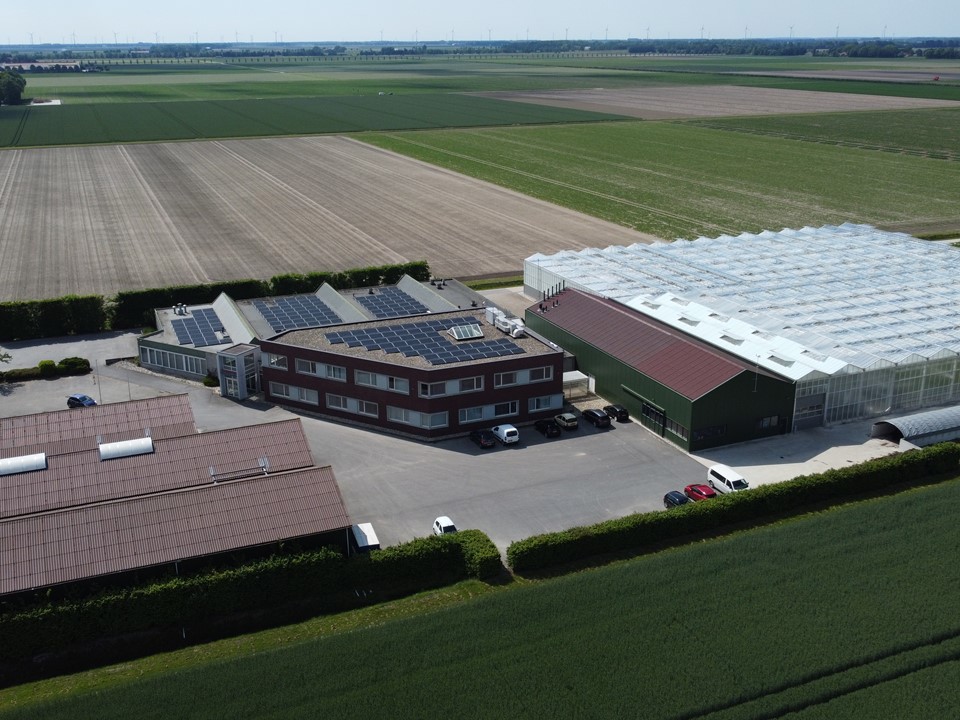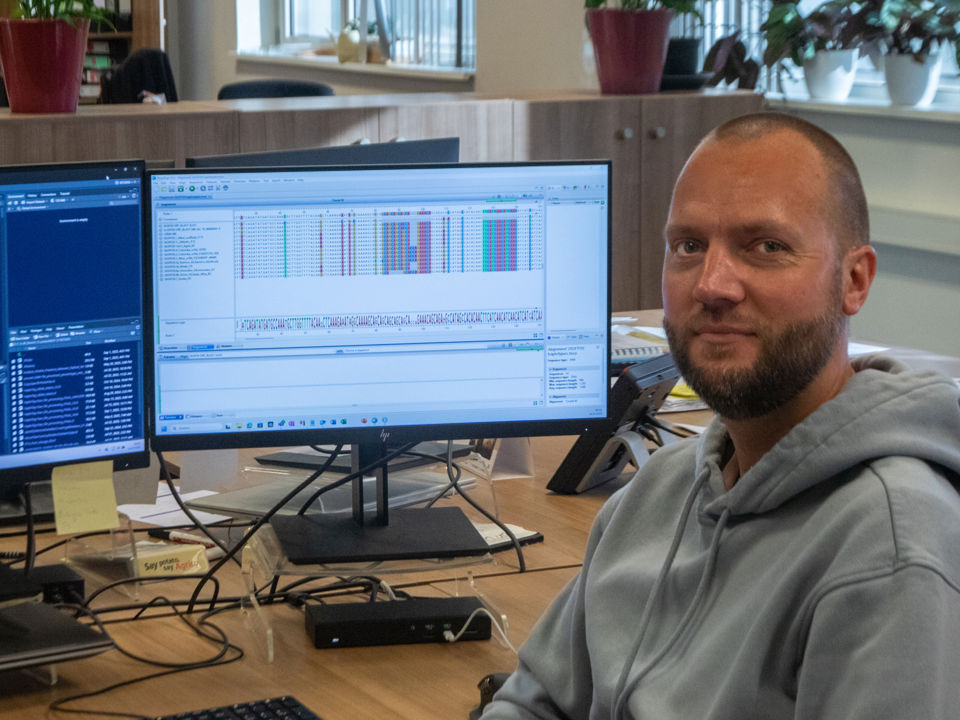Employee in spotlight -
Maarten Nijenhuis

Employee in spotlight - Maarten Nijenhuis
Tell us a little about yourself
My name is Maarten Nijenhuis, 41, and I live in Steenwijk with my partner and our two children (14 & 10). I studied Biotechnology in Leeuwarden, and during my internship at the molecular laboratory of Agrico Research in 2005/2006, I felt right at home. After working at Wageningen University’s Plant Breeding department, I returned to Agrico Research in 2010. The friendly people and open-minded research environment were what attracted me the most back then (and still does!)

What do you do as a laboratory technician at Agrico Research?
I started in 2010 as a molecular technician, focussing on mapping resistance genes to Phytophthora infestans in wild potato species. This takes years of DNA research combined with disease assays, but successful results allowed us to introduce multiple resistances into cultivated potato. New varieties with these resistances are on their way!
Now, we are moving into large-scale genomic data which is a relative new field. Agrico Research has given me the time and resources to develop my bioinformatic skills. Because of this, we can now produce high-throughput DNA-sequencing data in-house, measuring hundreds of DNA-variations in the genome of thousands of plants simultaneously. These results allow us to associate differences in the DNA of potato breeding material with desired agronomic traits, which is the next chapter in marker-assisted breeding. Right now, I spend more time on data-analysis then I do in the lab.
What do you enjoy most about your job?
The nice people, supportive environment, autonomous working style, space for creativity, personal growth and good teamwork. In 15 years, I always went to work with enthusiasm.
What is Agrico Research’s biggest challenge right now?
Agrico Research is currently building new facilities that will offer major new opportunities in the field of laboratory work. From my point of view the biggest challenge will be scaling up our marker-assisted breeding program using these large-scale DNA data, by applying new techniques, and ,likely, lab automation. It’s a challenge, but one I’m excited about!
